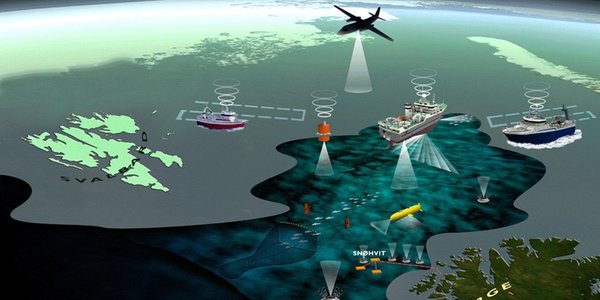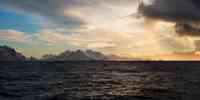Research groups and NMD
Scientists and technical staff have their organisational “home” in the research groups. The research group’s main tasks are the basis for which personnel that works in the group.
Most of the research groups have employees working in the different geographical locations of the institute. Project groups are established with members from the different research groups.




















